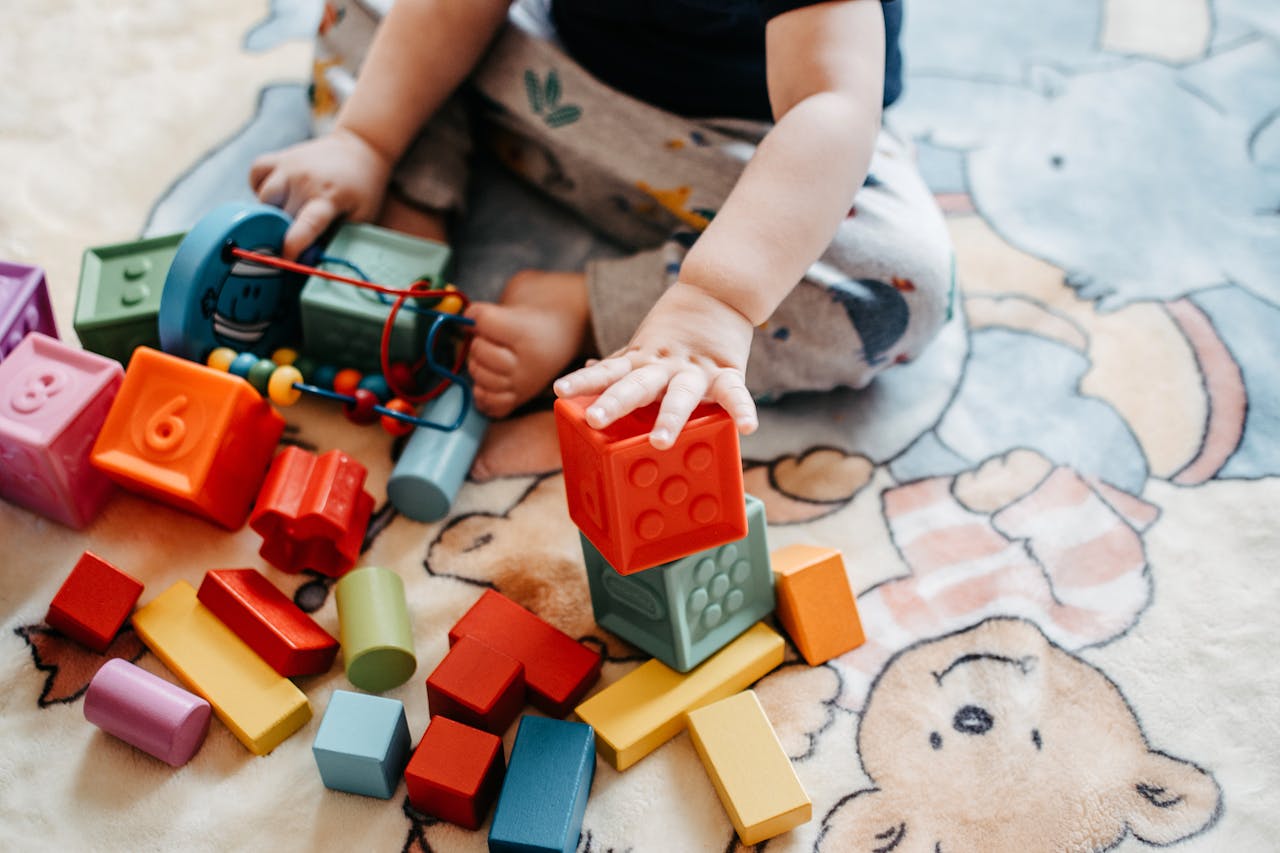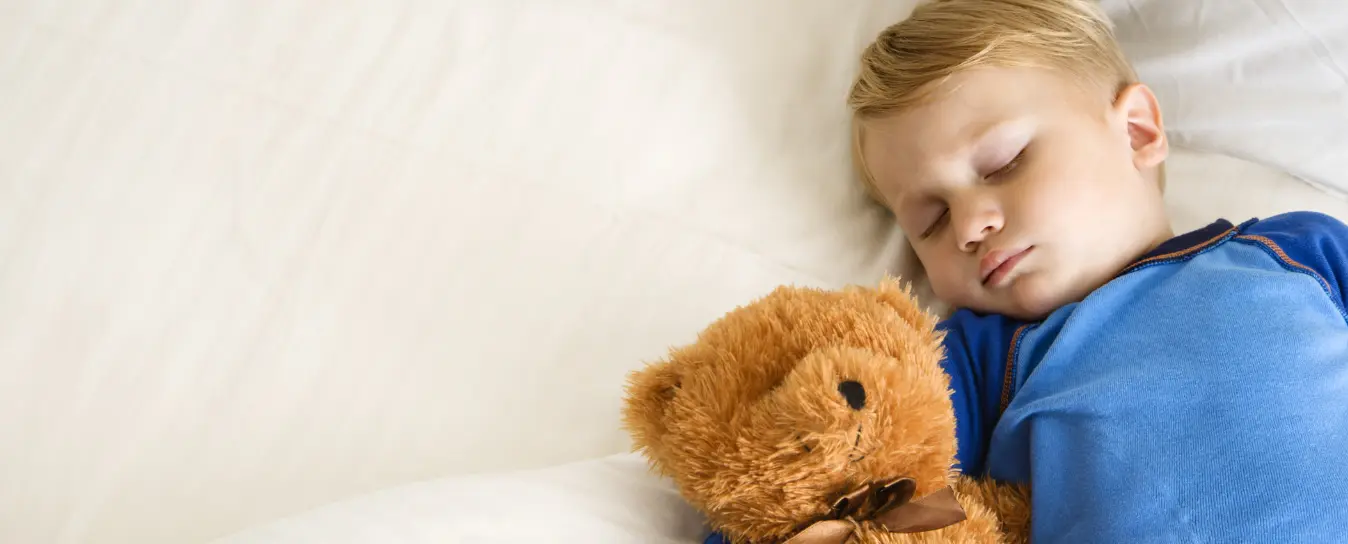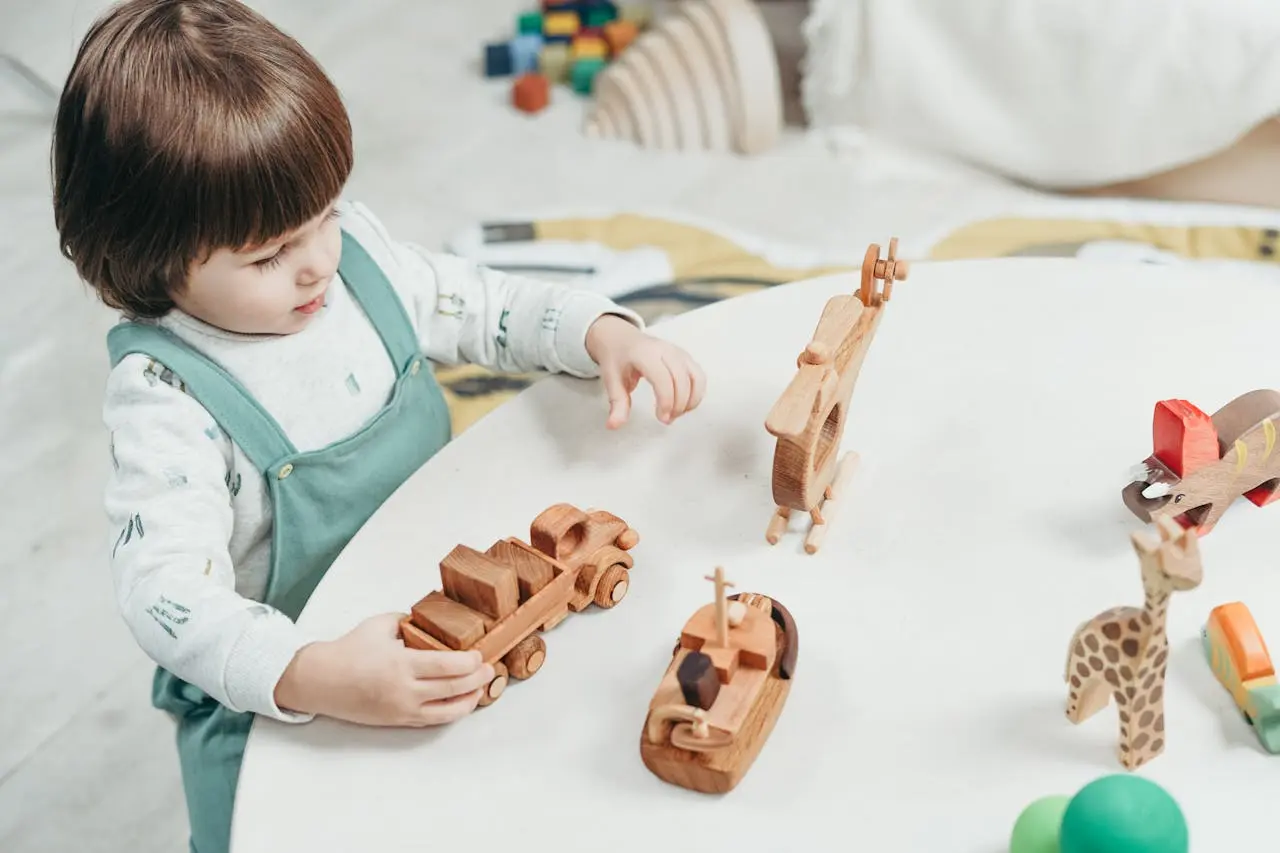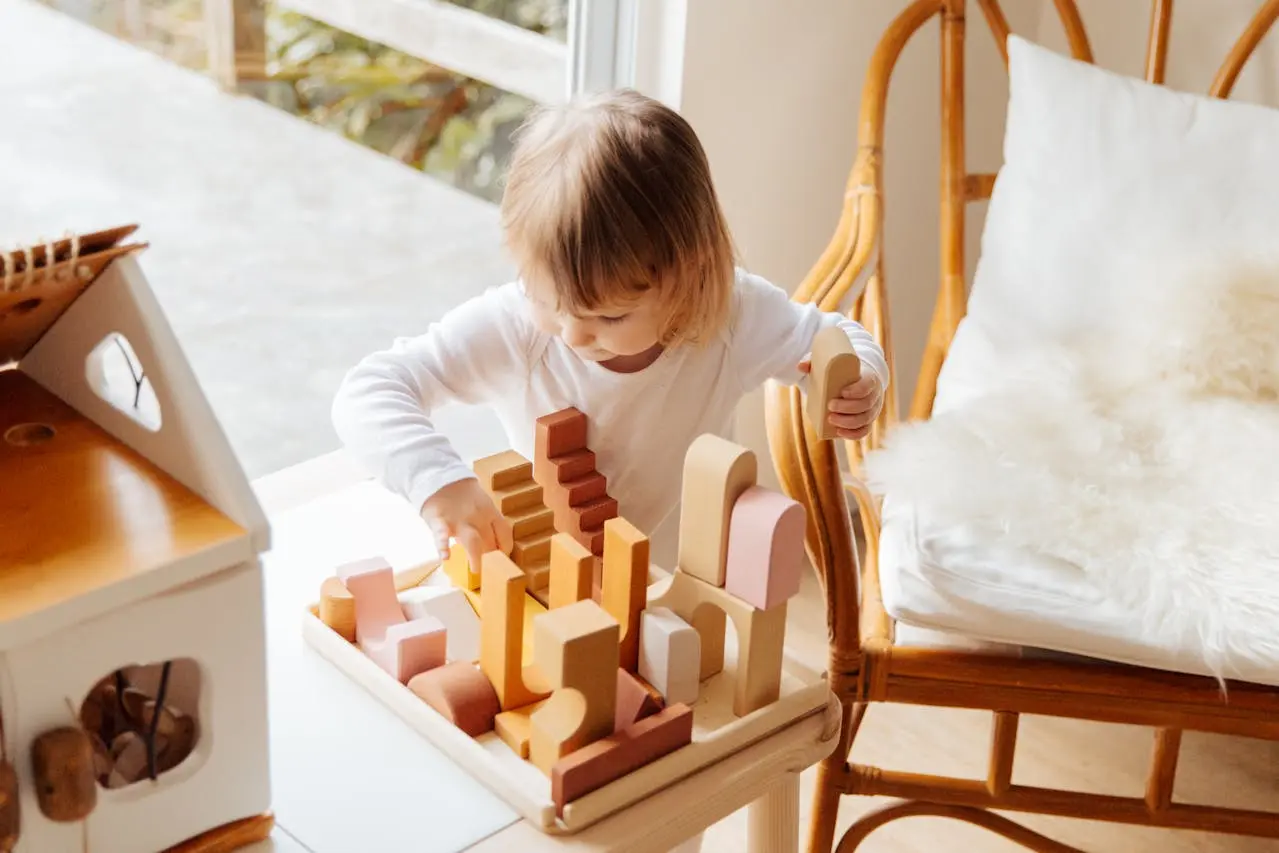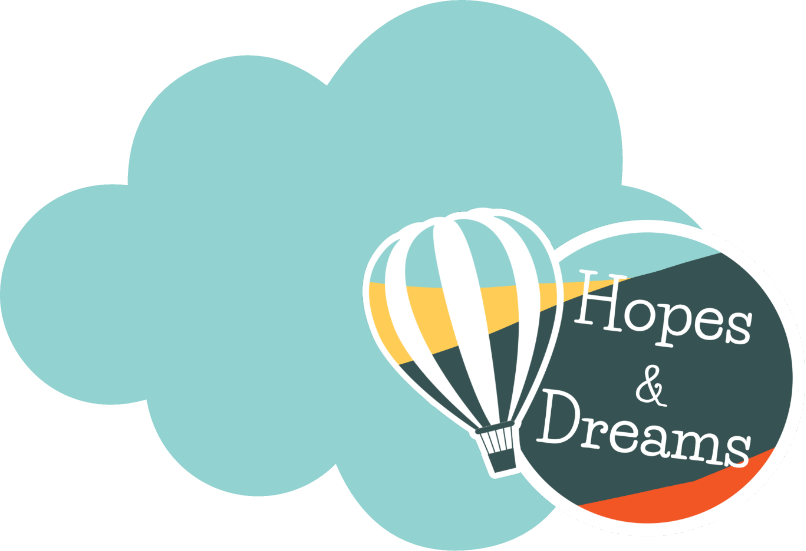Every parent experiences moments of worry about their child's development.
Comparing our children to others is natural, but we can get stuck in unhealthy cycles of looking around us instead of focusing on the children we have.
It’s not a race. Each child grows at their own pace, and setting realistic expectations can alleviate unnecessary stress.
Are you worried about your child’s development? Keep reading!
Each Child Is Unique
We all know children develop at different rates. Here’s how this can help us keep the worries about developmental milestones at bay.
Understanding Individual Growth
Children’s development is highly individual, influenced not only by genetics but also by their environment. Whilst one child might speak their first word at one year old, another might develop more physically and be able to balance on one leg before their peer group.
Avoiding Comparisons
So, we know each child develops at a different pace. That means that comparing children to others in their peer group is not only fruitless but can negatively impact an adult’s approach to supporting the child in question.
Realistic Expectations
There is a wide range of ‘normal’ in child development, and maintaining realistic expectations is key to supporting children during their early years. Developmental milestones provide a basic timeline, but the focus should be on considering a child’s growth as a whole across language, physical, adaptive, cognitive and social-emotional skills.
Is Your Child’s Development Normal?
Milestones give us a helpful timeline, but celebrating small steps and consistent progress is the best way to approach your child’s growth as they age.
Here’s a brief overview of the common early years milestones. Remember, these are flexible!
12-18 Months
Physical
Most children begin walking at this stage. Hand-eye coordination also develops and children may be able to stack blocks and eat with a spoon.
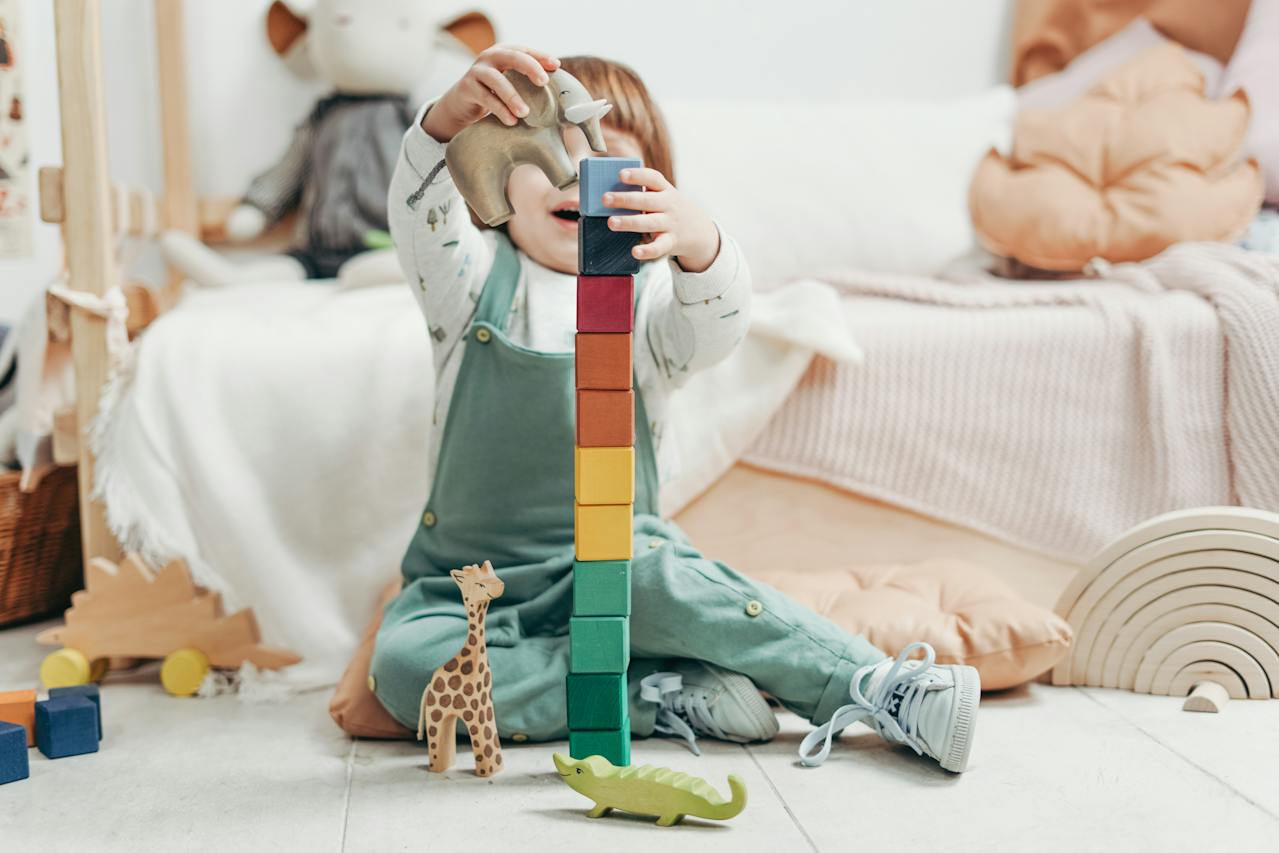
Cognitive
Object permanence begins to take hold, making peekaboo games a ton of fun. Curiosity also strikes, meaning toddlers begin to explore their environment much more.
Language
First words typically occur by 15 months. Toddlers also begin to follow simple instructions.
Social-Emotional
Toddlers will often begin to copy the actions of others, such as pretending to talk on the phone or stir the dinner. Children of this age usually have a caregiver preference and may display anxiety when separated.
Self-Help Skills
At this age, children may begin to help with getting dressed and are likely keen to feed and water themselves! They might also start to notice or tell you when their nappy is wet or dirty.
18-24 Months
Physical
Walking skills tend to be achieved by 18 months, with running (pretty unsteadily) coming in by 24 months. Climbing onto furniture is common, usually accompanied by a cheeky smile!
Cognitive
Interest in cause and effect begins to take hold, meaning children will experiment with buttons, switches and other interesting objects. Pretend play is usually in full swing at this stage.
Language
The number of words a child can say usually explodes at this age. Many two-year-olds can say more than 50!
Social-Emotional
Children may begin to play with others rather than, or as well as parallel play. They will likely begin to assert their independence, too, wanting to do things by and for themselves.
Self-Help Skills
The spills of milk and water typically lessen at this stage - phew! Children of this age usually like to get involved with snack and meal preparation, can help with getting dressed and begin to show signs of toilet-training readiness.
2-3 Years
Physical
Most children have nailed running and now start practising jumping. They can climb, enjoy exploring park playgrounds and practising catching and throwing. Their fine motor skills are developing fast, too.
Cognitive
Children begin to understand opposite concepts, like ‘up’ and ‘down’. They may also be able to complete simple 3 or 4-piece puzzles.
Language
By the time they turn 3, many children know up to 1,000 words! They might know how to put a short sentence together, like ‘Daddy come home’ or ‘ice cream now’. They will also be able to respond to simple questions.
Social-Emotional
Cooperative play becomes interesting to children at this stage, with turn-taking coming into play. Children may begin to demonstrate empathy.
Self-Help Skills
Food preferences can begin to show up more strongly at this stage, combined with an improved ability to use utensils. Some two-year-olds signify they are ready to begin toilet training, but not all of them!
3-4 Years
Physical
Three-year-olds tend to have significantly improved coordination and balance, and there’s no stopping them! Gross motor skills like climbing, jumping, running and balancing are so much fun.
Increased fine motor skills also begin to surface, like manipulating scissors, completing puzzles and drawing and writing letters and figures.

Cognitive
Numbers, letters and sounds develop quickly at this stage. Children may be able to count to 10 and beyond, and their memory skills begin to take hold, enabling them to remember story events and execute more complex sets of instructions.
Language
By age 4, plenty of children have a vocabulary of up to 1000 words and can put complicated sentences of up to six words together.
Social-Emotional
Children’s interest in doing things themselves continues as they get older, and they can wash their hands and help around the house.
Though cooperative play is more common and 3-year-olds show signs of understanding how others are feeling, managing their own emotions is still difficult - they are still learning!
Self-Help Skills
3-year-olds can usually nearly dress themselves but may still need help with shoes, buttons and zips. Many are potty trained but may still be developing night-time bladder control.
When to Worry
If your child hasn’t reached one or more of the milestones we have mentioned above, it’s usually nothing to worry about. Children simply develop different skills at different speeds, and that’s okay!
If you’re worried, speak to your nursery. They have so much experience in child development and will likely be able to put your mind at rest.
How Nursery Can Help
Attending a nursery provides a stable, supportive and nurturing environment for your child. Hopes & Dreams nurseries are committed to igniting your child’s curiosity and encouraging exploration in a rich learning environment, empowering them through to school age.
Designed With The Child In Mind
Nursery settings have been created to support children in the early years stage. Nursery staff can provide valuable insights into your child's development through observations, tailored support and friendly communication with parents and carers.
Broad Experience
Nursery practitioners are professionals who have plenty of experience with children of all ages and stages. They often have training in developmental delays and other patterns under their belt, making them an important resource for recommendations to further services such as occupational or speech therapy if required.
Reassurance vs. Concern
Professional nursery staff can provide support to families and their children in two ways. They may be able to offer a friendly ear and reassurance when worries surface for parents and carers, but they can also help to identify and investigate real concerns early on.
Keep Calm And Provide Support
Parents and carers who understand that every child develops at their own pace can set realistic expectations and provide better support for their children.
However, worries are a normal part of caring for children! If you have concerns, seeking advice from nursery staff or professionals can offer reassurance or early intervention if necessary.
Click here to read about how you can help improve toddler fine motor skills.





